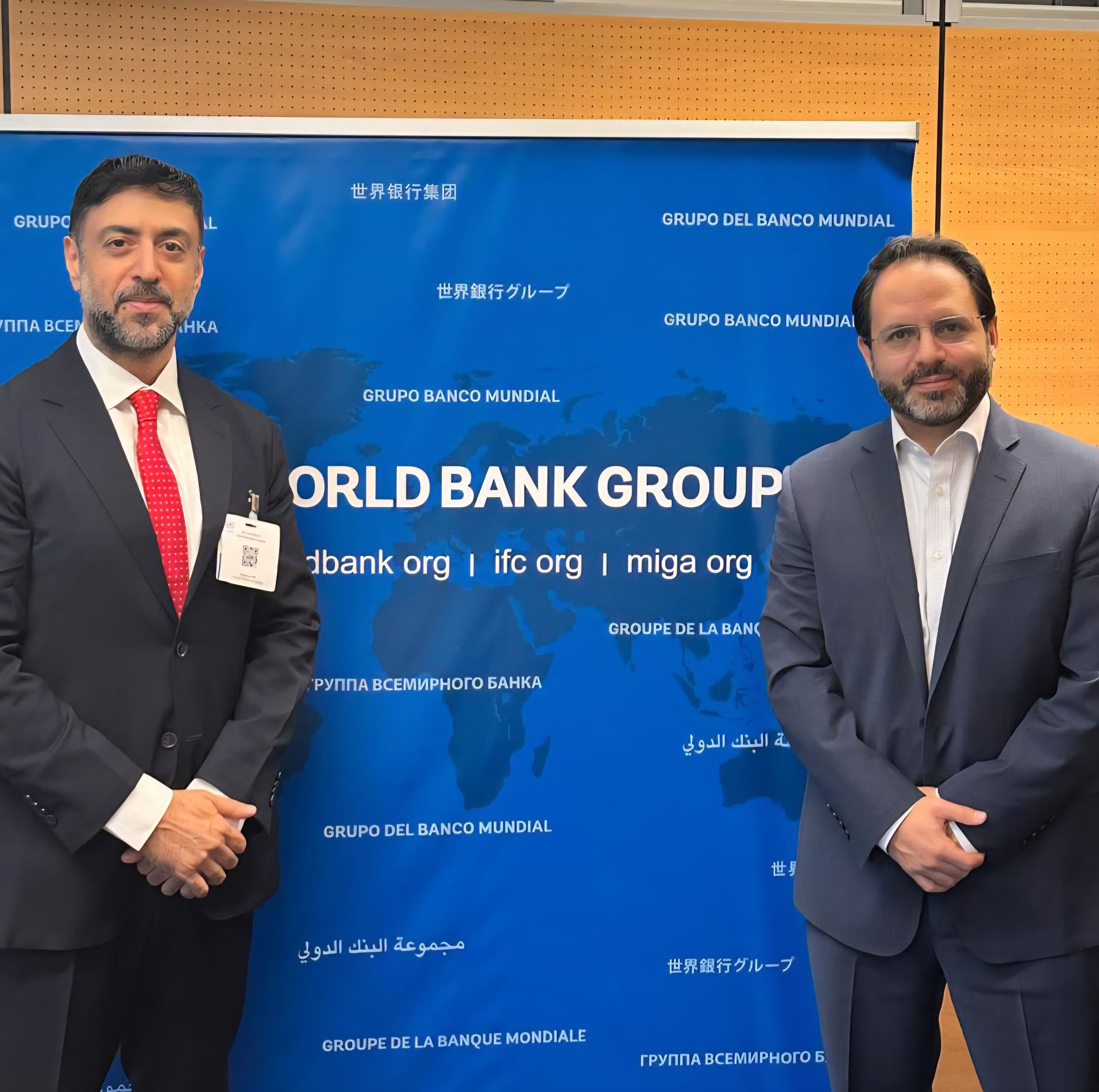Abu Dhabi
Source: Mufakiru Alemarat
Prof Dr. Ali Mohammed Al Khouri
Since the end of the Cold War, the global economic system has crystallized under a liberal umbrella led by international institutions based and referenced in the West.This system was based on free market principles close to the capitalist approach. During the past three decades, perceptions have prevailed that the world is moving towards accelerated economic integration led by efficient markets, the flow of trade, and cross-border institutional governance.However, the year 2025 was contrary to these perceptions.It has begun to pave the way for a historical turning point that may reshape economic power relations in a scene similar to reshaping geopolitics in an economic form.
Today, the world has entered a phase in which the foundations of traditional globalization are eroding, to be replaced by a new geo-economic structure characterized by multipolarity and based on the logic of the struggle over economic sovereignty rather than cross-border cooperation.
Tariff shock
On May 23, 2025, the United States surprised the world by announcing significant increases in customs tariffs of 50% on European imports, and 25% on iPhones manufactured outside its territory. Analysts’ reading of this decision went beyond that it was a temporary or fleeting political step.They saw it as an embodiment of a strategic shift that redefines the national economic interest by shifting the center of gravity towards the American interior at the expense of globalized economic ties.
According to estimates by Barclays“, one of the most prominent global financial institutions, these measures, which nearly doubled customs duties imposed on European imports, may inflict losses on the American economy estimated at about half a percentage point of the annual growth rate.As a result of the slowdown in the industrial and export sectors, and the resulting effects on the labor market and national income.
At the global level, the World Trade Organization expects a decline in the movement of goods trade by about 0.2%, a percentage that hides losses estimated at billions of dollars, and reflects worrying indicators of a broader economic contraction that may affect major economies if the contagion of protectionist policies continues to spread among these powers.
What is striking is that international insurance and credit companies, such as “Allianz Trade, revealed that about half of global companies expect a significant decline in their exports as a result of the recent wave of protectionist policies, compared to only 5% before the issuance of the American decisions. This sudden shift reflects the depth of the shock to the mechanisms of international trade and confirms that the world is not only facing stage-by-stage upheavals, but is also undergoing structural transformations that may end the era of interdependence among economies and the patterns on which globalization was based.
The disintegration of the neoliberal model
Current events go beyond traditional trade disputes and represent a direct implication of the collapse of the “profit-shared” assumptions that have underpinned the global trading system for decades; The neoliberal model, which assumed that free markets create justice and that economic integration leads to peace, finds itself in a storm after decades of social erosion, growing inequality, and declining confidence in international institutions.
With the pillars of the old consensus fractured, economic sovereignty regained its position as a priority that takes precedence over considerations of low costs. Countries are no longer content with relying on global supply chains, but are moving towards localizing their vital industries within their national borders, as a political, economic and strategic option that gives them a wider margin of action without being hostage to the decisions or crises of others.
Inflation crisis and supply chains
The fact is beyond dispute that protectionist measures carry a high cost; Data from the US Tax Agency“indicate that average tariffs in the United States are expected to rise this year to their highest level in more than eighty years, reaching 12.1%. This increase means that the American family will indirectly pay additional expenses exceeding $1,155 annually, which in some states is equivalent to a full month’s budget for food supplies and housing. At the macroeconomic level, this burden is expected to slow economic growth by 0.8%, which is sufficient to push some sectors into recession or reduce employment.
The deeper impact of what is happening today is the transformation within global supply chains that have long relied on choosing production sites based on efficiency and operating costs.However, this logic has changed, as companies and countries no longer choose their partners based solely on the cost criterion, but also prefer the party that is safest in the long term.That is, the party that is likely to maintain stable political relations and is not vulnerable to sharp fluctuations, such as sanctions or conflicts.
This shift from the principle of efficiency to the principle of geopolitical security“has prompted many companies to move their factories from countries, such as China, to countries that they consider more politically compatible with them, even if the cost of doing so is higher. The expected result is future inflationary waves; Because the consumer will pay higher amounts for this “security”.

The American company “General Electric”, for example, was manufacturing parts of its devices in Southeast Asia at a low cost; But today, under political pressure and fears of dependence on China, it has begun moving these operations to Mexico or the American interior.This led to an increase in production costs by between 12% and 18%, according to reports published by Bloomberg in early 2025.
The return of political economy
Theories of political economy teach us that markets do not move in isolation from the political context, but are always conditioned by balances of power and interests. What we see today is the return of politics – which has long been excluded from the forefront of economic debate – to become the primary driver of major economic decisions, after many years in which it seemed to have been pushed back in the name of globalization and openness.
So, we are not merely experiencing circumstantial changes, but rather we are witnessing a radical transition from a world in which markets moved freely across borders, almost separate from the decisions of states, to a world in which the state restores its role as the primary rapporteur in economic affairs.Governments are no longer satisfied with the role of regulator or controller, but rather they are the ones who directly determine with whom they trade, where they produce, and under what conditions borders are opened or closed.
This shift brings us back to the theories of Karl Polanyi, the Austro-Hungarian thinker, who warned in the 1940s of the Great Shift that societies might disintegrate if market forces were left to operate without limits or controls. Polanyi also argues that economics is inseparable from values, politics, and society, and that ignoring this interdependence leads to social explosions or institutional crises.












